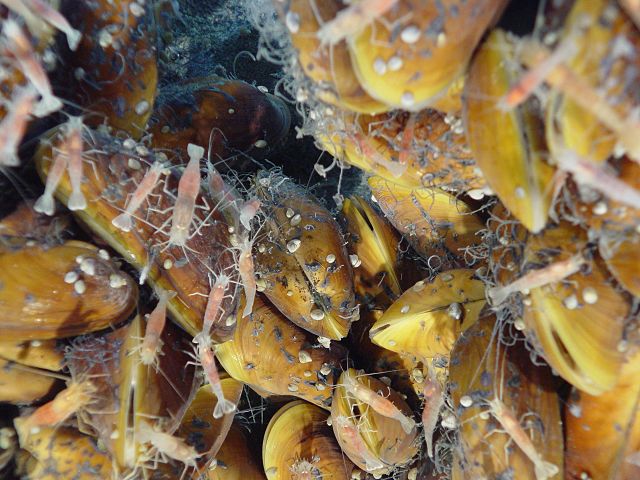Zoology is the scientific study of animals. Its studies include the structure, embryology, classification, habits, and distribution of all animals, both living and extinct, and how they interact with their ecosystems. Zoology is one of the primary branches of biology. The term is derived from Ancient Greek ζῷον, zōion ('animal'), and λόγος, logos.
Conrad Gessner (1516–1565). His Historiae animalium is considered the beginning of modern zoology.
Animal anatomical engraving from Handbuch der Anatomie der Tiere für Künstler.
Kelp gull chicks peck at red spot on mother's beak to stimulate the regurgitating reflex.
Animals are multicellular, eukaryotic organisms in the biological kingdom Animalia, With few exceptions, animals consume organic material, breathe oxygen, have myocytes and are able to move, can reproduce sexually, and grow from a hollow sphere of cells, the blastula, during embryonic development. Animals form a clade, meaning that they arose from a single common ancestor.
Sexual reproduction is nearly universal in animals, such as these dragonflies.
Predators, such as this ultramarine flycatcher (Ficedula superciliaris), feed on other animals.
Hydrothermal vent mussels and shrimps
The blue whale is the largest animal that has ever lived.







